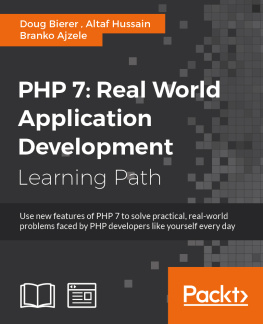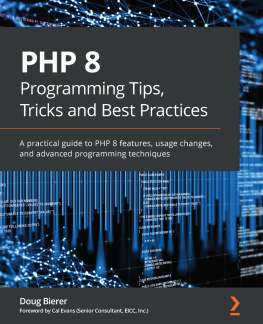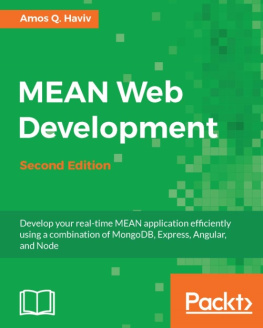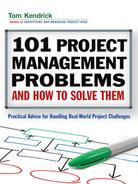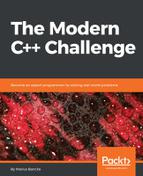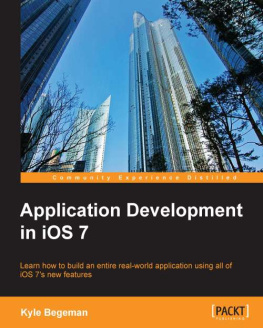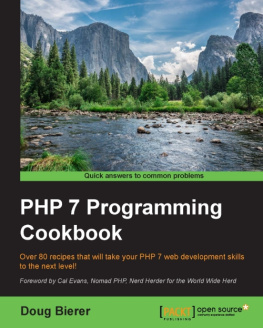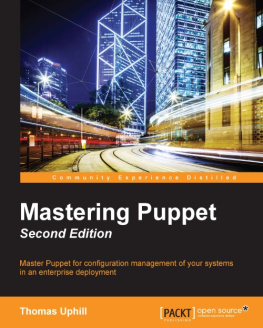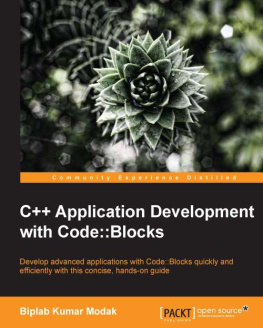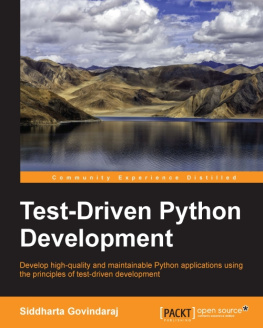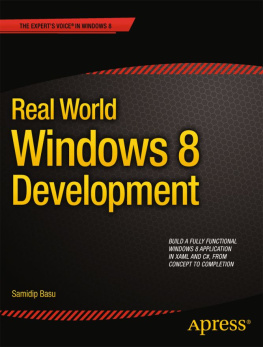Preface
PHP 7 has taken the open source community by storm, breaking records for speed, which is, metaphorically, causing heads to turn. In its most fundamental sense, the core engineering team has effected a major rewrite of the language but has still managed to maintain backward compatibility to a high degree. PHP is a great language for developing web applications. It is essentially a server-side scripting language that is also used for general-purpose programming. PHP 7 is the latest version, providing major backward-compatibility breaks and focusing on improved performance and speed. This means you can maintain high traffic on your websites with low-cost hardware and servers through a multithreading web server.
What this learning path covers
, PHP 7 Programming Cookbook, This module demonstrates intermediate to advanced PHP techniques with a focus on PHP 7. Each recipe is designed to solve practical, real-world problems faced by PHP developers like yourself every day. It also cover new ways of writing PHP code made possible only in version 7. In addition, we discuss backward-compatibility breaks and give you plenty of guidance on when and where PHP 5 code needs to be changed to produce the correct results when running under PHP 7. This module also incorporates the latest PHP 7.x features.By the end of the module, you will be equipped with the tools and skills required to deliver efficient applications for your websites and enterprises
, Learning PHP 7 High Performance , This module is fast-paced introduction to PHP 7 will improve your productivity and coding skills. The concepts covered will allow you, as a PHP programmer, to improve the performance standards of your applications. We will introduce you to the new features in PHP 7 and then will run through the concepts of object-oriented programming (OOP) in PHP 7. Next, we will shed some light on how to improve your PHP 7 applications performance and database performance. Through this module, you will be able to improve the performance of your programs using the various benchmarking tools discussed in the module. At the end,module discusses some best practices in PHP programming to help you improve the quality of your code
, Modernizing Legacy Applications in PHP , This module will show you how to modernize your application in terms of practice and technique, rather than in terms of using tools such as frameworks and libraries, by extracting and replacing its legacy artifacts. We will use a step-by-step approach, moving slowly and methodically, to improve your application from the ground up. Well show you how dependency injection can replace both the new and global dependencies. Well also show you how to change the presentation logic to view files and the action logic to a controller. Moreover, well keep your application running the whole time. Each completed step in the process will keep your codebase fully operational with higher quality. When we are done, you will be able to breeze through your code like the wind. Your code will be autoloaded, dependency-injected, unit-tested, layer-separated, and front-controlled. Most of the very limited code we will add to your application is specific to this module. We will be improving ourselves as programmers, as well as improving the quality of our legacy application.
What you need for this learning path
Module 1:
All you need, to successfully implement the recipes presented in this module will be a computer, 100MB of extra disk space, and a text or code editor (not a word processor!). The first chapter will cover how to set up a PHP 7 development environment. Having a web server is optional as PHP 7 includes a development web server. An Internet connection is not required, but it might be useful to download code (such as the set of PSR-7 interfaces), and review PHP 7.x documentation.
Module 2:
Any hardware specification that is compliant to run the latest versions of the following software should be enough to get through this module:
- Operating systems: Debian or Ubuntu
- Software: NGINX, PHP 7, MySQL, PerconaDB, Redis, Memcached, Xdebug,
Apache JMeter, ApacheBench, Siege, and Git
Module 3:
You will have refer Chapter 2, Prerequisites of this module to understand the basic hardware and software requirements needed on this module. This chapter gives a detailed description of the requirements.
Who this learning path is for
If you are an aspiring web developer, mobile developer, or back-end programmer, who has basic experience in PHP programming and wants to develop performance-critical applications, then this course is for you. It will take your PHP programming skills to next level
Reader feedback
Feedback from our readers is always welcome. Let us know what you think about this coursewhat you liked or disliked. Reader feedback is important for us as it helps us develop titles that you will really get the most out of.
To send us general feedback, simply e-mail <>, and mention the courses title in the subject of your message.
If there is a topic that you have expertise in and you are interested in either writing or contributing to a course, see our author guide at www.packtpub.com/authors.
Customer support
Now that you are the proud owner of a Packt course, we have a number of things to help you to get the most from your purchase.
Downloading the example code
You can download the example code files for this course from your account at http://www.packtpub.com. If you purchased this course elsewhere, you can visit http://www.packtpub.com/support and register to have the files e-mailed directly to you.

